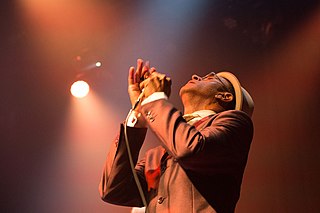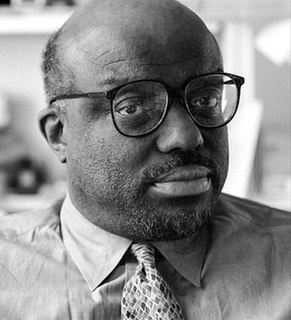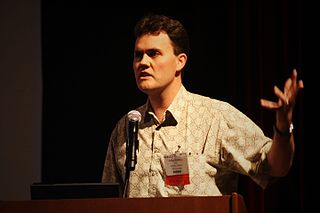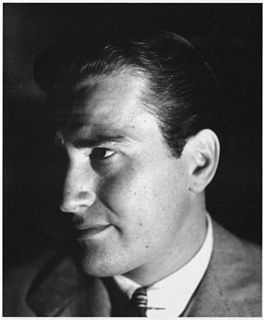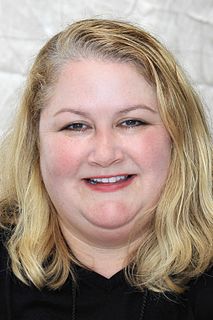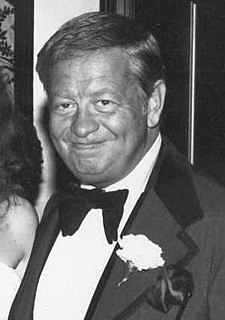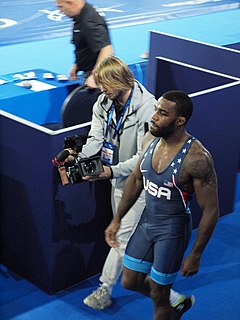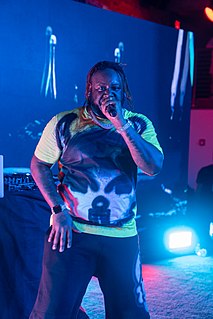A Quote by Shawn Amos
Every single tune you know from the 1940s until the 1970s was written, arranged, and demoed in the Brill Building. OK, maybe not every song, but writers from Benny Goodman to Lieber & Stoller to Neil Diamond all kept offices there.
Related Quotes
Above all else, [Benny Goodman] was a great player, one of the greatest American music has produced. He brought his absolute talent and his invincible love of music to the fore every time he played. There are many other things connected to society and ethnicity that are often mentioned in a discussion of Benny Goodman but all of them are connected to his overwhelming affection for the art of the music and the fairness it should be allowed to express.
I wrote 'Lights' a long, long time ago. And I expected it to be on the album, because it was - I wrote it with 'Biff' Stannard. And he wrote every single Spice Girls song and every single pop song of the 90s, basically. So I thought, you know, I was really lucky to work with him, but I didn't think it would be a big song for some reason.
You know the reason The Beatles made it so big?...'I Wanna Hold Your Hand.' First single....brilliant. Perhaps the most...brilliant song ever written. Because they nailed it. That's what everyone wants. Not 24/7 hot wet sex. Not a marriage that lasts a hundred years. Not a Porsche...or a million-dollar crib. No. They wanna hold your hand. They have such a feeling that they can't hide. Every single successful song of the past fifty years can be traced back to 'I Wanna Hold Your Hand.' And every single successful love story has those unbearable and unbearably exciting moments of hand-holding.
I'm trying to change theater, in my own way - not just magic. I say that humbly, because I'm learning every single day. I do 15 shows a week, and every single audience I have is like a test screening for you, when you listen and go, "Really? They laughed at that?" All over the stage I have lines, written onstage, that I'm changing every single day.
